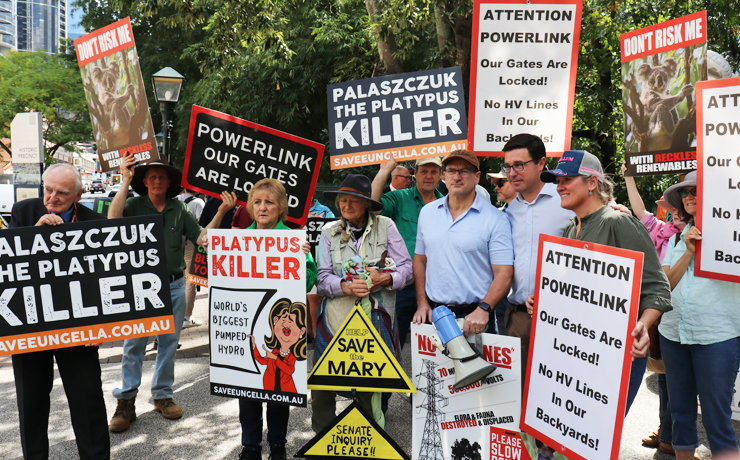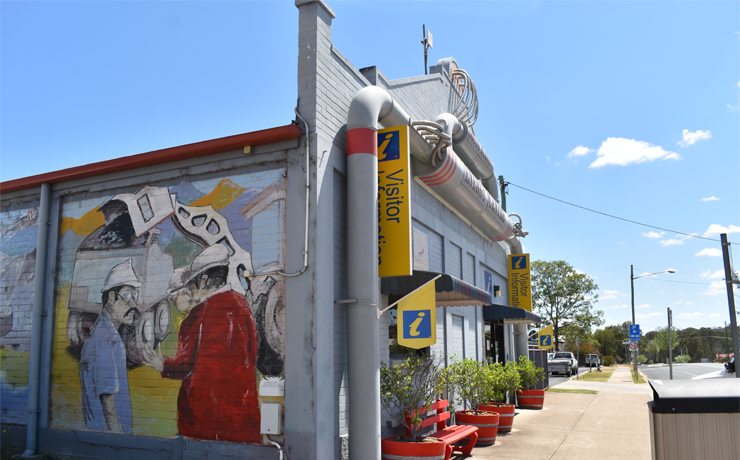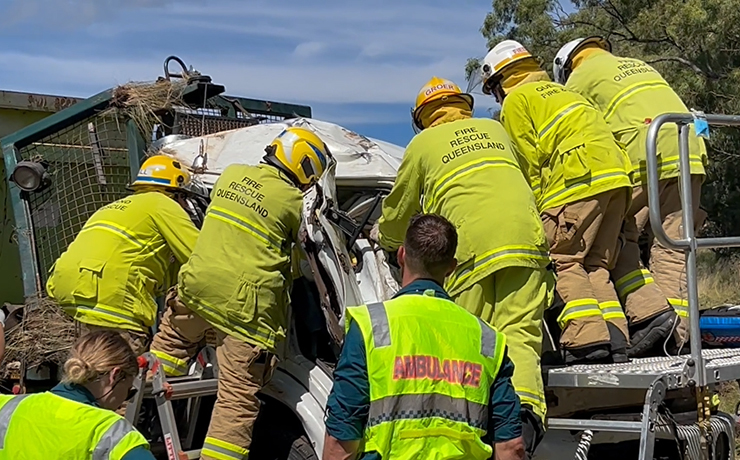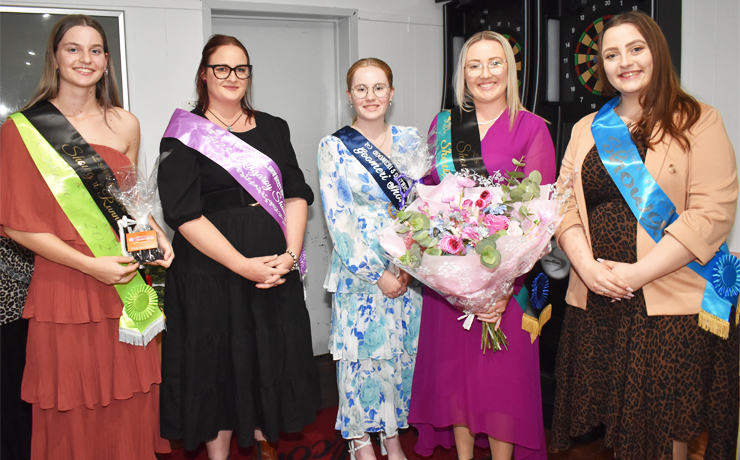
Dr Anthony Lynham
September 2, 2018
The State Government has released new guidelines for local councils to take into consideration when assessing applications for solar farms.
The Queensland Solar Farm Guidelines: Guidance for Local Governments (525kb PDF) will help councils to assess large-scale projects under the Queensland Planning Framework.
It provides advice on how to integrate solar farms into local planning schemes and what to consider when assessing development applications.
A guide has also be released for communities, land owners and solar farm proponents.
The Queensland Solar Farm Guidelines: Practical Guidance for Communities, Landowners and Project Proponents (5.8Mb PDF) aims to educate local communities and project developers about best practice at each stage of the project development cycle, as well as provide guidance about development assessment and approval and the community engagement process.
Energy Minister Dr Anthony Lynham said the new guidelines were a response to calls from regional communities and industry for certainty.
“These guidelines are a clear checklist for local governments about what’s needed for sustainable, community and industry-led large-scale solar development,” Dr Lynham said.
“Over the past three years Queensland has seen an unprecedented wave of renewable energy investment with the construction of 13 large scale solar projects from Lakeland in the Far North to Dalby in the south-west,” Dr Lynham said.
“This has brought $1.3 billion in investment and almost 1500 construction jobs to Queensland, and more than 650MW of renewable energy to the grid.
“And the good news is there’s more to come, with another 16 solar projects on the way bringing $3.4 billion and 2600 jobs to regional and rural locations right across the State.
“But it’s essential that communities, landholders, investors and governments at all levels can work together to make sure the next wave of investment happens sustainably.
“For traditional owners, communities and landholders the guidelines outline approval processes, technical and environmental considerations, ways to give feedback, information on the stages of solar development and what a new solar project can mean for a community.
“For industry, these guidelines provide a one-stop-shop guide on navigating government development approvals, expectations about best practice to engage the local community, location guidance and the legal framework which governs solar farm developments.”
Planning Minister Cameron Dick said the guidelines would help local government to support the growing renewable energy industry.
“The guidelines help Queensland local governments to plan and regulate proposed solar farm development appropriately, to ensure potential impacts are balanced against the jobs and economic activity they may bring,” Mr Dick said.
“The guidelines will also help local government to identify where solar farm development is appropriate in their community and establish appropriate assessment provisions in their planning scheme.
“Local government will remain as the assessment manager for solar farm development applications, but the State Government will continue to work with councils to ensure the guidelines are effective and where needed, provide additional support.”
According to the Department of Natural Resources, Mines and Energy website, solar projects should:
- Be developed in harmony with other land uses
- Take into account the interests of all stakeholders
- Be supported by the community.
External link:
Related articles:























